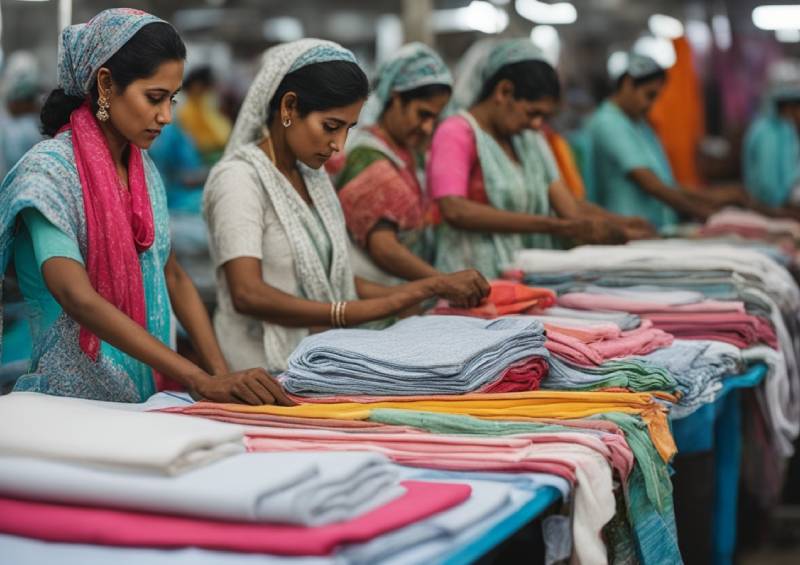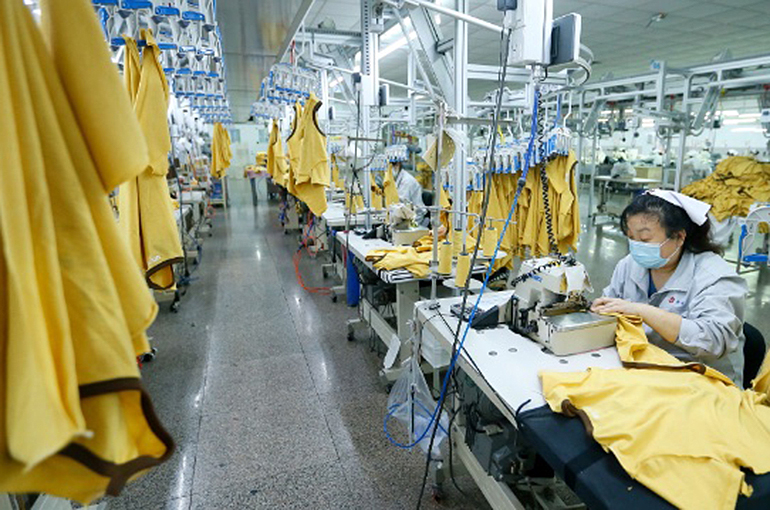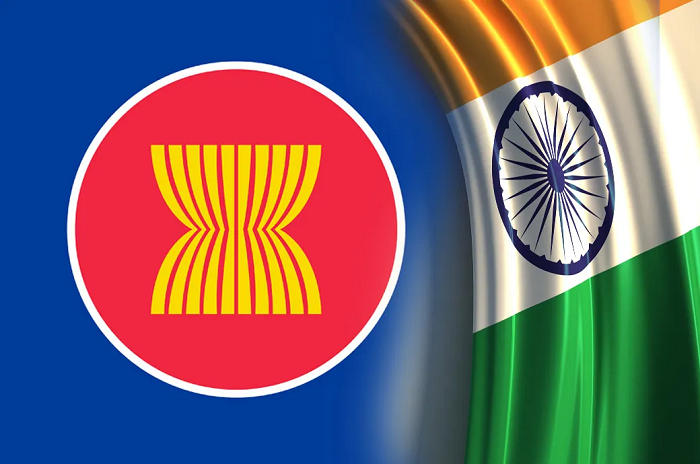 The unlocking of Indian economy has helped revive demand for MMF fibers in the country. As a report by Textile Value Chain highlights, from October to December 2020, fall in MMF production was restricted to the range of 3 to 6 per cent as against a cumulative decline 18.2 per cent Y-o-Y during April-December 2020. Like production, decline MMF exports also narrowed down to 2-8 per cent range during June-August 2020. On a cumulative basis, MMF exports declined 17.5 per cent Y-o-Y to 580,000 tons during April-November 2020. While exports grew 8.4 per cent in September 2020, they declined in the range of 10 per cent -14 per cent during October-November 2020.
The unlocking of Indian economy has helped revive demand for MMF fibers in the country. As a report by Textile Value Chain highlights, from October to December 2020, fall in MMF production was restricted to the range of 3 to 6 per cent as against a cumulative decline 18.2 per cent Y-o-Y during April-December 2020. Like production, decline MMF exports also narrowed down to 2-8 per cent range during June-August 2020. On a cumulative basis, MMF exports declined 17.5 per cent Y-o-Y to 580,000 tons during April-November 2020. While exports grew 8.4 per cent in September 2020, they declined in the range of 10 per cent -14 per cent during October-November 2020.
The largest share of these exports was accounted by polyester whose exports declined by 20.1 per cent to 520, 000 tons during April-November 2020. Exports of Polyester Staple Fiber increased by 2.6 per cent to 191,000 while that of Polyester Filament Yarn declined by 29.1per cent to 329,000 tons.
April-November 2020. Exports of Polyester Staple Fiber increased by 2.6 per cent to 191,000 while that of Polyester Filament Yarn declined by 29.1per cent to 329,000 tons.
Demand, raw material costs lift MMF prices
Growth in demand for MMF led to a substantial increase in prices of both PSF 1.4 den variety and POY 130/34 variety of polyester fibers during August 2020-January 2021. Increase in raw material prices also contributed to this price rise which was highest on m-o-m basis in December 2020 as the prices of both the varieties increased by about 12 per cent.
The raw materials, whose prices increased, included Purified Terephthalic Acid (PTA) and Mono Ethylene Glycol (MEG). The prices of these materials increased in the range of 12 per cent -18 per cent in December 2020 due to an improved downstream demand amid lower inventory in China, their prices increased by 12 per cent-18 per cent in December 2020. In January 2021, the prices of PTA increased by 9.9 per cent to Rs.58 per kg while those of MEG declined by 9 per cent to Rs.50 per kg on m-o-m basis.
The recovery in crude oil prices and feedstock prices of polyester are likely to boost polyester prices in coming months. The global uptick in demand is also expected to support polyester prices.
Low demand, increased competition for Indian apparels
India’s RMG exports on a cumulative basis declined by 28.6 per cent Y-O-Y to $8.2 billion during April-December 2020. Exports to major markets like Europe and the US declined by 30 per cent to $2.6 billion and $ 2.1 billion, respectively, in the first nine months of FY21. Exports to other markets declined by 30.7 per cent to $ 2.4 billion, while those to UAE declined by 13.4 per cent to $1.1 billion compared during April-December 2020
During April-December 2020, US’ apparel imports declined 27.2 per cent to $46.2 billion. Of this, imports from India decreased at a faster pace of 35.3 per cent to $1.9 billion compared to other nations. Therefore, India needs to strengthen its position in global exports in order to gain the benefits of US’ import ban on China’s cotton products from Xinjiang region or any other global development.
Apart from this, apparel exports from India also face tough competition from the Bangladesh and Vietnam as they get preferred access to India’s other major market – the European Union. In order to support exports, the government plans to continue its RoSCTL (Rebate of State and Central Taxes and Levies) scheme until it is merged with Remission of Duties and Taxes on Exported Products (RoDTEP) Scheme.
Government schemes
The government has decided to extend the benefits of Remission of Duties and Taxes on Exported Products (RoDTEP) scheme to boost exports with effect from 1st January, 2021. Additionally, it has introduced a one-time additional ad-hoc incentive of upto 1 per cent of FoB value on export of apparel and made-ups. The government has also removed anti-dumping duty on PTA, a key raw material for the manufacture of MMF fibre and yarn. It has announced a scheme to set up seven Mega Integrated Textile Region and Apparel (MITRA) Parks over the next 3 years.
To gain from US’ ban on China’s cotton and boost MMF exports, India needs to not just effectively implement these schemes but also sign trade pact agreements with other export destinations.











